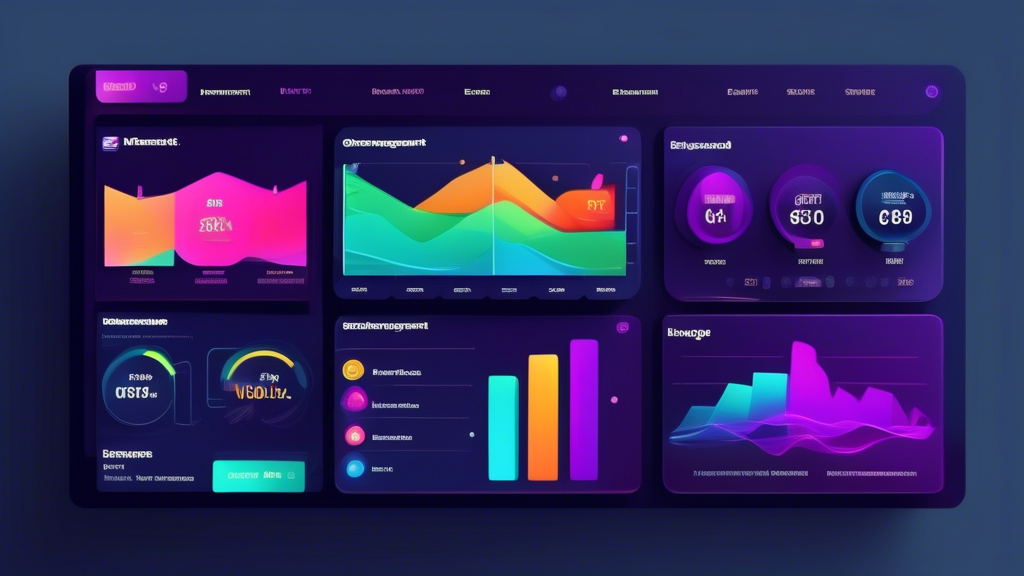Introduction
Are you looking to streamline your event planning process and make your events a resounding success? Event management systems are the answer to your organizing woes. In this comprehensive guide, we will delve into the essential components of event management systems, their benefits, and how they can elevate your event planning game to the next level.
What are Event Management Systems?
Event management systems are sophisticated software solutions designed to help businesses and individuals plan, organize, and manage events seamlessly. These systems offer a wide range of features such as online registration, attendee management, marketing tools, budgeting, and reporting capabilities.
Key Features of Event Management Systems
Event management systems come equipped with a plethora of features to simplify the event planning process:
- Online Registration: Allow participants to register easily through online forms, saving time and paperwork.
- Attendee Management: Manage attendee information, track RSVPs, and send personalized communications.
- Marketing Tools: Promote your event through email campaigns, social media integration, and targeted marketing strategies.
- Budgeting: Set and track budgets, monitor expenses, and generate financial reports.
- Reporting Capabilities: Analyze event data, measure success metrics, and gain insights for future events.
The Benefits of Using Event Management Systems
Implementing an event management system can provide numerous advantages for event organizers:
- Efficiency: Streamline the event planning process and reduce manual tasks.
- Improved Attendee Experience: Enhance registration processes, communication, and engagement.
- Data Management: Centralize event data, simplify reporting, and enhance decision-making.
- Cost-Effectiveness: Reduce costs associated with manual processes and optimize budget allocation.
- Scalability: Scale your event planning operations seamlessly as your business grows.
Now, for a little event planning humor: Why did the event planning committee go to therapy? They needed to learn how to set better boundaries with gatecrashers!
Choosing the Right Event Management System
When selecting an event management system, consider the following factors:
Scalability
Ensure the system can accommodate your current needs and has the flexibility to scale as your events grow in size and complexity.
User-Friendly Interface
Opt for a system with an intuitive interface that simplifies the event planning process for you and your team.
Customization Options
Look for a system that allows customization to align with your branding and specific event requirements.
Integration Capabilities
Choose a system that seamlessly integrates with other tools such as CRM software, marketing platforms, and payment gateways for enhanced functionality.
Implementing an Event Management System
Once you have selected the right event management system for your needs, the implementation process can significantly impact its effectiveness. Ensure thorough training for your team, seamless data migration, and robust testing before going live with the system.
Conclusion
Event management systems are indispensable tools for modern event planners looking to enhance efficiency, improve attendee experience, and achieve greater success with their events. By understanding the key features, benefits, and considerations when choosing a system, you can elevate your event planning game and create unforgettable experiences for your attendees.
For all your web development needs and to explore cutting-edge event management solutions, visit StarMetaverse Georgia today!

Comments are closed